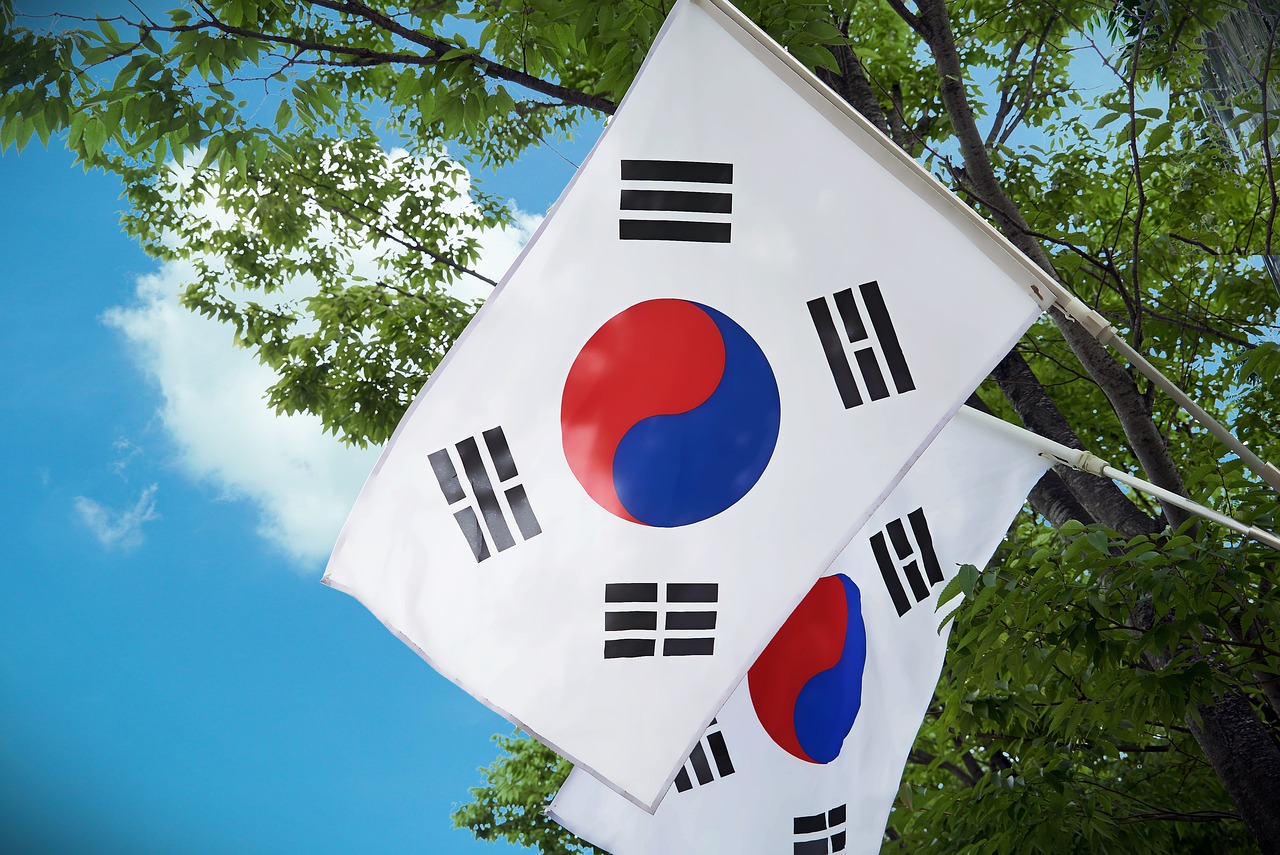The amendments to the Korean Trademark Act published on February 3, 2022, officially went into effect on February 4, 2023. The addition of partial rejections and a re-examination mechanism, which will be accessible for applications submitted on or after February 4, 2023, are two of the most important changes. These new methods are anticipated to improve applicants’ registration procedures and increase their chances of successfully protecting their rights.
New Trademark Mechanism in Korea
Previous to the amendment, if any of the specified goods in an application were initially rejected by the Korean Intellectual Property Office (“KIPO”), the applicant was obligated to overturn each and every rejection ground; otherwise, even if not all of the designated goods were initially rejected, KIPO would issue a final rejection of the entire application. The only methods to have such non-rejected products approved were to either file a new application specifically specifying the non-rejected goods or to file an appeal to the Intellectual Property Trial and Appeal Board (“IPTAB”) to limit the application.
Nevertheless, under the amended Trademark Act, KIPO will only issue a final rejection in relation to the particular goods that have been rejected, allowing the applicant to register the other goods without the need for additional measures.
The applicant is now allowed to submit such an amendment along with a request for re-examination to KIPO in accordance with the newly established re-examination system, rather than having to go through a trial proceeding at the IPTAB, in the event that the rejection grounds can be simply overcome by changing the designated goods after KIPO issues the final rejection.
Before the IPTAB deadline for appealing the final rejection (i.e., within three months of receiving the Notice of Final Rejection), a request for re-examination may be submitted, and if it is, the final rejection will be declared reversed. No re-examination may be requested once an IPTAB appeal has been filed, and re-examination requests may only be made once per application. Moreover, applications submitted in accordance with the Madrid Protocol are not covered by this mechanism.


Leave a Reply